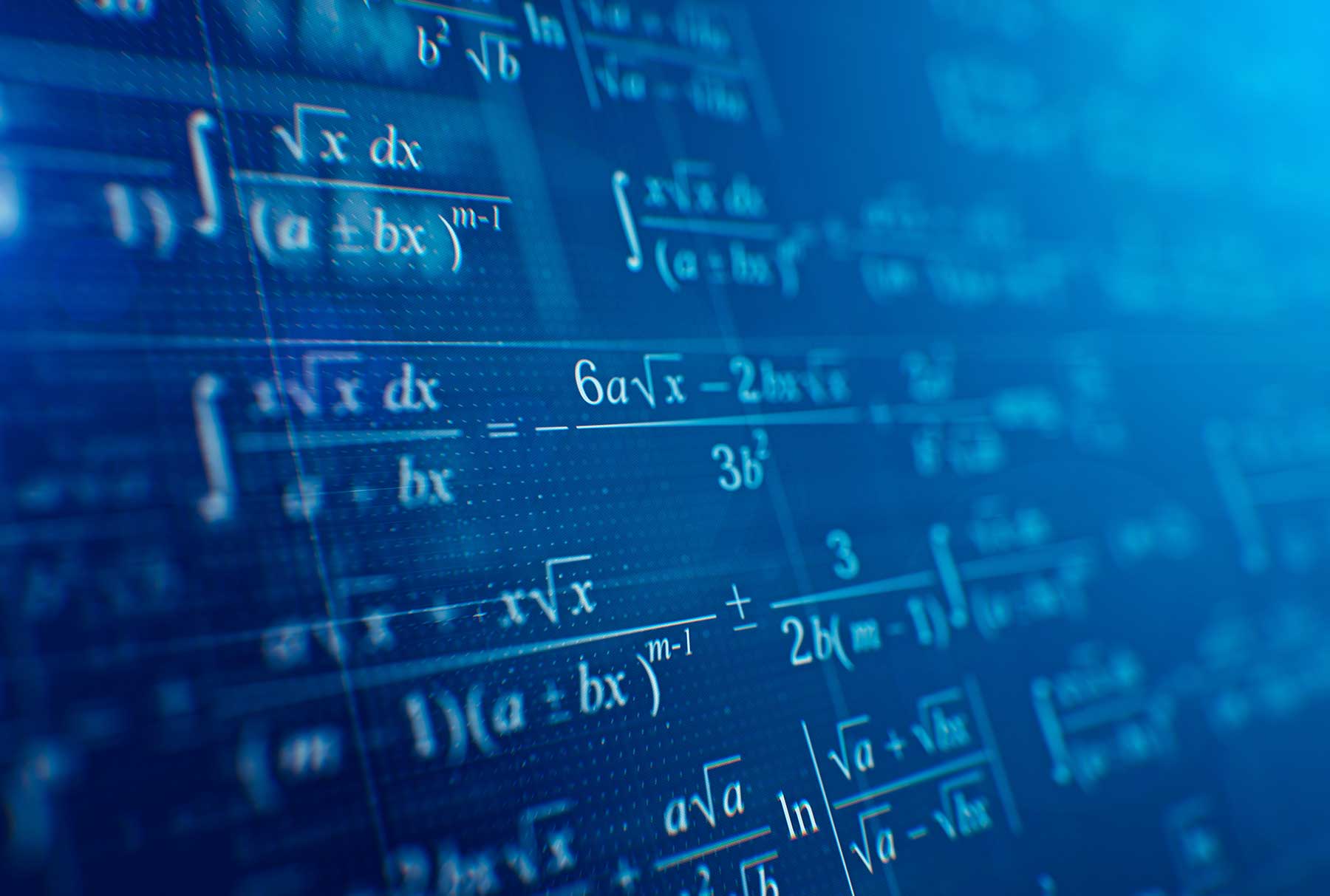Representation Theory Research
Our pure mathematics research group studies representation theory of different algebraic objects.
About representation theory
Representation theory is a study of symmetry. It is concerned with understanding ways in which elements of an algebraic structure can be represented by linear operators on some vector space.
The abstract algebraic structure here could, for example, be:
- a group
- an associative algebra
- or a Lie algebra
The vector space could be:
- finitely or infinitely dimensional
- over the field of real or complex numbers
- or some field of finite characteristic
In this way, the abstract algebraic structure is realised concretely as matrix multiplication. The vector space is endowed with symmetries described by the algebraic structure.
Modern applications
Historically, the motivation comes from physics (if a physical system has a certain symmetry, then the variables describing it and the laws they satisfy must respect that symmetry) and differential geometry (where the notion of infinitesimal symmetry leads to Lie groups and Lie algebras, and an interplay with analysis). Modern applications include connections to:
- integrable systems
- number theory
- algebraic geometry
- combinatorics
- and other areas
Our group's focuses
In our pure maths research group we study representation theory of different algebraic objects, among others:
- algebraic groups – groups with a compatible algebra-geometric structure. We study their subgroup structure, representation theory and cohomology
- double affine Hecke algebras – introduced to solve a conjecture in combinatorics. They have since been shown to have deep links to integrable systems and geometry
- Lie algebras and superalgebras – infinitesimal symmetries stemming from linearising Lie groups. They are extensively used in physics, in particular, quantum and particle physics
- modular Lie algebras – Lie algebras over fields of positive characteristic. They have applications in group theory, geometry, combinatorics, and number theory
- quantum groups – non-commutative, non-cocommutative Hopf algebras, which deform the structure of Lie algebras in a suitable sense, and come from quantum integrable systems
- quantum symmetric pairs – an important class of subalgebras of quantum groups, which can be seen as deformations of classical geometry of symmetric spaces, or as algebras describing some quantum integrable systems with boundaries
